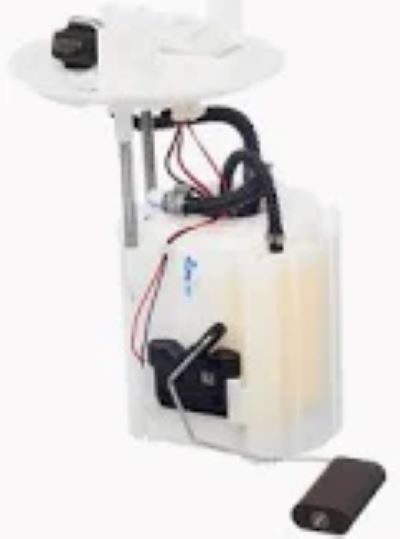The measure of how well a fuel pump does this is called an efficiency rating, which indicates the effectiveness at turning that electrically energy into flow without waste. In high-performance applications like those mentioned above, these ratings really matter. An 85% or higher efficiency rating is often obtained by high-performance fuel pumps, whereby only a small fraction (15%) of the energy consumed results in heat being given off; that remainder becoming kinetic and moving fuel on down to your engine. To put that in perspective, standard pumps can deliver efficiency as low as 75%, which indeed saps fuel economy and performance.
Fuel pump efficacy is also important when looking at fuel efficiency, with higher volumes rating showing better energy consumption across the board A higher rated pump not only can increase power by as much as 3 percent or more, but it also improves fuel economy up to 5% when compared with lower ratings. Such an improvement is substantial in industries such as transportation and logistics, where companies depend on fuel efficiency to save inflation. Per a U.S. Dept. of Energy report, those companies could reduce fuel spending by 15% or more each year if they upgraded all vehicles to efficient fuel systems across their entire fleet.

The latest fuel pumps deploy cutting-edge design strategies to eke out every ounce of performance they can, such as good impeller configurations and flow paths. Today, some manufacturers even test fuel pumps at different pressures—45 psi for normal combustion and 60-90 psi to indicate performance under maximum conditions. With assistance from the fuel efficiency ratings, consumers make better choices about what pump suits their application (whether on racing cars or cargo trailers) and automotive engineers can push the envelope further with commercially available pumps. The concept is a familiar one, its roots already dug in by automotive pioneer Henry Ford decades ago when he said "efficiency" was the basis for reliability (and rightly so – high-efficiency fuel pumps can do wonders for maintaining engine function over time).
Efficiency can be greatly reduced in extreme environments leading to the importance of ratings, especially under wide temperature range that effects power transistors characteristics or at high elevations. High-efficiency Endurance Fuel Pump -Tests have shown that the superior design of a high-flow, long-lasting endurance pump can increase fuel savings by as much as 20%, maintaining performance over time.